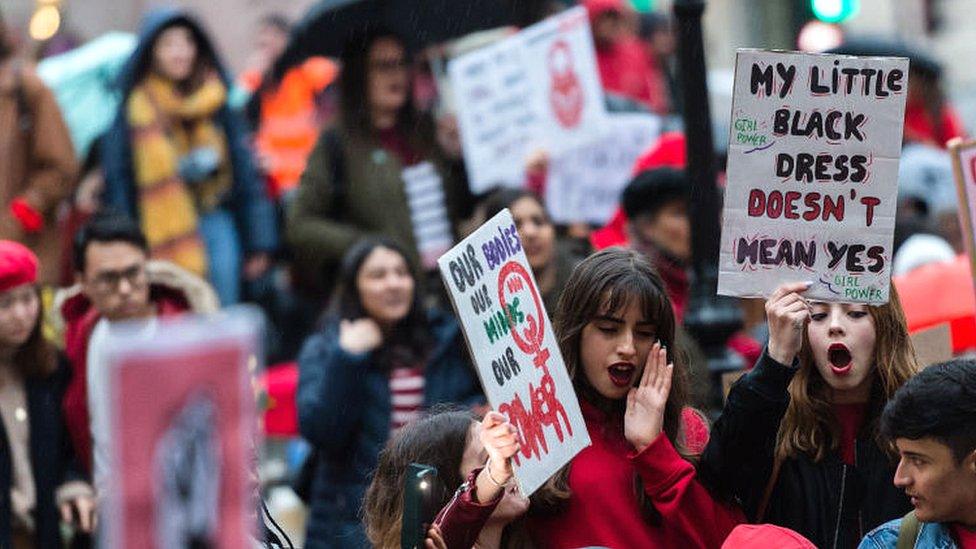Rape reform programme extended across England and Wales
- Published
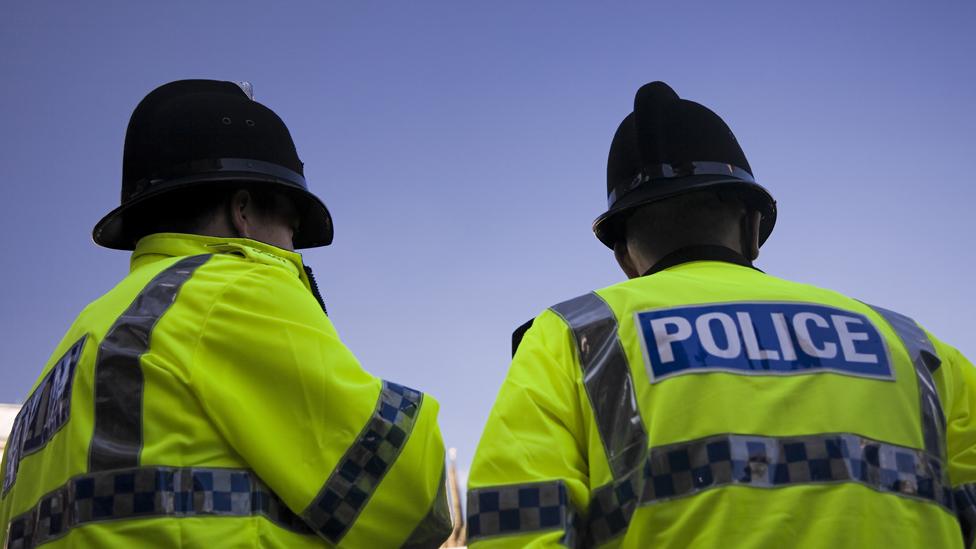
Women who have made rape complaints have told BBC News that police and court systems are still "weighted in favour of the accused", despite a new programme piloted by 19 police forces.
Operation Soteria is being extended to all 43 police areas in England and Wales from Monday.
Home Secretary Suella Braverman wants police to "focus on the suspect", not on undermining the victim.
But women have told the BBC they find the process tough, even in pilot areas.
The latest available official figures , externalshow between April and December 2022 there were about 50,000 rape offences recorded by police in England and Wales.
Of these, about 900 (less than 2%) had yet resulted in a charge or court summons.
When asked about the low figure, Justice Secretary Alex Chalk told BBC Breakfast the statistic does not take into account live investigations where a decision has not yet been made.
He added there also could be multiple complaints in respect to the same allegation, and that charges are measured in respect of burglary, robbery and a number of other matters.
"The number of people being prosecuted for this crime is higher than it was in 2010 and I think it is important also that we indicate the resources that are going into this to improve it under this operating model we're doing today," Mr Chalk said.
The government says charge rates were markedly better in five police areas where trials of Operation Soteria first began in 2021 and 2022, more than doubling in all but one by the end of 2022.
The programme, a partnership of police, prosecutors and academics, aims to transform the response to rape and sexual offences - but even in the first five areas, fewer than one in 12 complaints led to charges.
Notably, Soteria was adopted by the Metropolitan Police in September 2021, but in March this year Baroness Casey's review , externalinto the force found evidence of "a strategic and operational failure to tackle rape and sexual offences within the Met which compounds the harm for victims".
These failures included a fridge containing forensic samples being switched off by accident, compromising a rape investigation, her report found.
Louise's story
One woman, who is using the pseudonym Louise, feels the Crown Prosecution Service (CPS) set her up to fail.
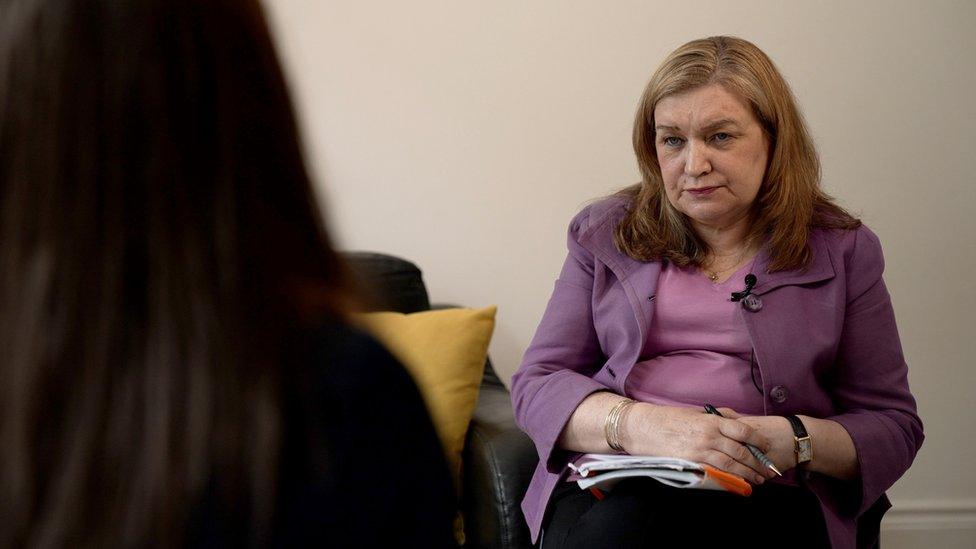
Louise spoke to BBC News Home Affairs Correspondent June Kelly
Hers was one of the few cases to make it to court but her former partner was acquitted when he was tried in London last year.
The CPS did not arrange a court familiarisation visit until London's Victims' Commissioner Claire Waxman intervened, the prosecutor did not tell her until the last moment that her 999 call would not be played, they forgot about her so she missed lunch just before she gave evidence, and the prosecutor did not tell her about two witnesses appearing for the defendant.
She said she wanted to walk out of court as she was about to step into the witness box as she felt she had been "thrown to the lions".
"I felt destroyed after the trial and I did have suicidal thoughts," she told BBC News.
"In some ways, the trauma of the trial was probably worse than the trauma of what that person did."
Emma's story
"Emma", not her real name, was one of the majority whose complaint did not result in a charge or summons.
She was in a relationship with an ex-police officer who she says used coercive control and tried to load her with debt. She says he physically abused and raped her, strangling her until she passed out. She finally called the police last summer when he threatened to kill her.
He had to leave their shared home but early this year police said they would not bring charges.
The force in question is using the new Soteria operating model but, although the officers who first attended were sympathetic, she says: "Ultimately, it's weighted in favour of the person that's been accused."
"It feels very much like it's down to the victim to prove themselves beyond reasonable doubt that this happened before the police will do anything about it."
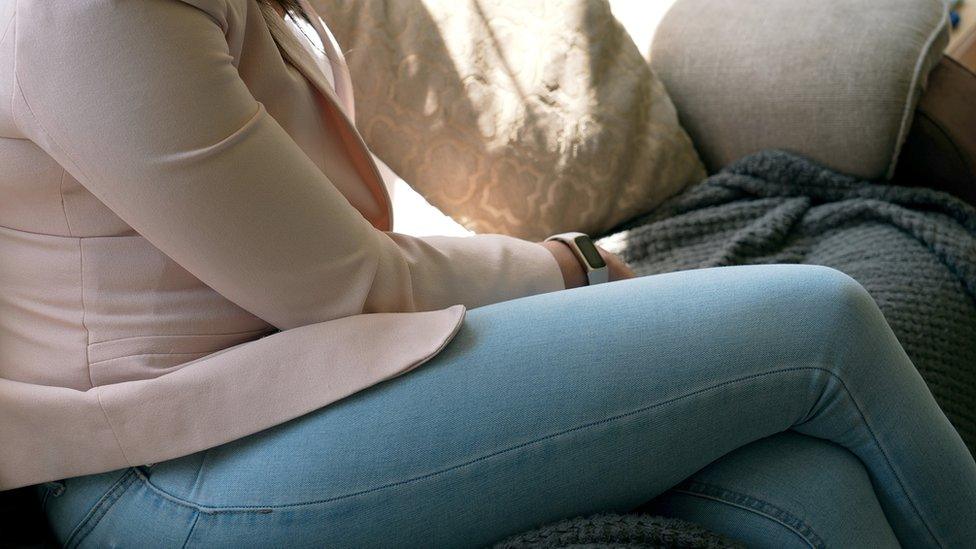
Emma's complaint to police did not result in a charge or summons
Prof Betsy Stanko, who has decades of experience researching sexual offending and is a lead academic on Operation Soteria, said: "We need to get investigators to think differently about how they investigate, how you collect evidence.
"So you don't just ask a victim how many drinks they had, what you need to say is: 'Who bought you those drinks? How is it that you were then isolated from your friends?'."
Director of Public Prosecutions Max Hill said the CPS's work with police to transform the system "is bearing fruit".
"We know we still have a long way to go to drive lasting change and will continue to listen carefully to partners and victims as we go," he said.
The National Police Chiefs' Council lead for rape and adult sexual offences, Chief Constable Sarah Crew, says the new system is "a huge step forward".
"While we know there is more to do, the national operating model will see all forces adopt new processes, guidance and training to enable more victims to get the justice they so deserve," she added.
The government says rape victims are already better supported across the criminal justice system two years on from its end-to-end rape review, external, with the number of cases reaching court returning to 2016 levels.
'On track'
Official figures show in the last three months of 2022 there were 472 rape charges, which is above pre-pandemic levels, although still 12% below the Ministry of Justice's aim of 538 charges - but the ministry says it is on track to meet its target by December 2024.
In the same period, 605 cases reached crown court, above the ambition of 553 and up 162 since 2019.
The government is also promising 2,000 police officers will be trained as specialist rape investigators by April 2024.
Home Secretary Suella Braverman said: "As a society, too often we have failed the victims of sexual violence.
"I have been clear that we must transform the way these investigations are handled, to make sure that all victims have the best support possible throughout the entire process.
"This is a vital step in delivering on that promise."
Labour said "after 13 years", the Conservatives had "broken the criminal justice system, leaving survivors traumatised and rapists to go unpunished".
Shadow Home Secretary Yvette Cooper and Shadow Justice Secretary Steve Reed said the next Labour government would introduce rape courts and specialist rape investigation units in every police force, to "speed up justice and punish rapists".
Additional reporting by Lucy Gilder.
Related topics
- Published20 June 2023
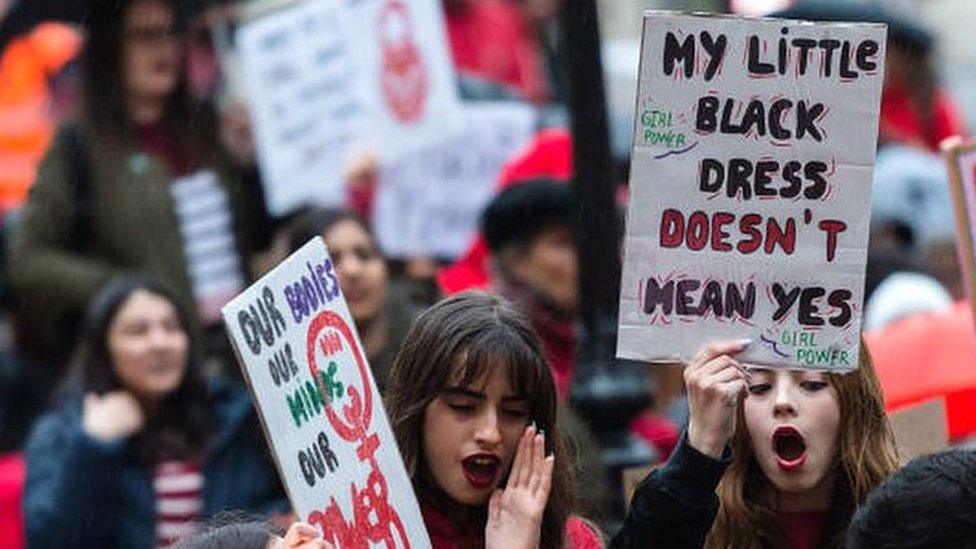
- Published27 May 2022
